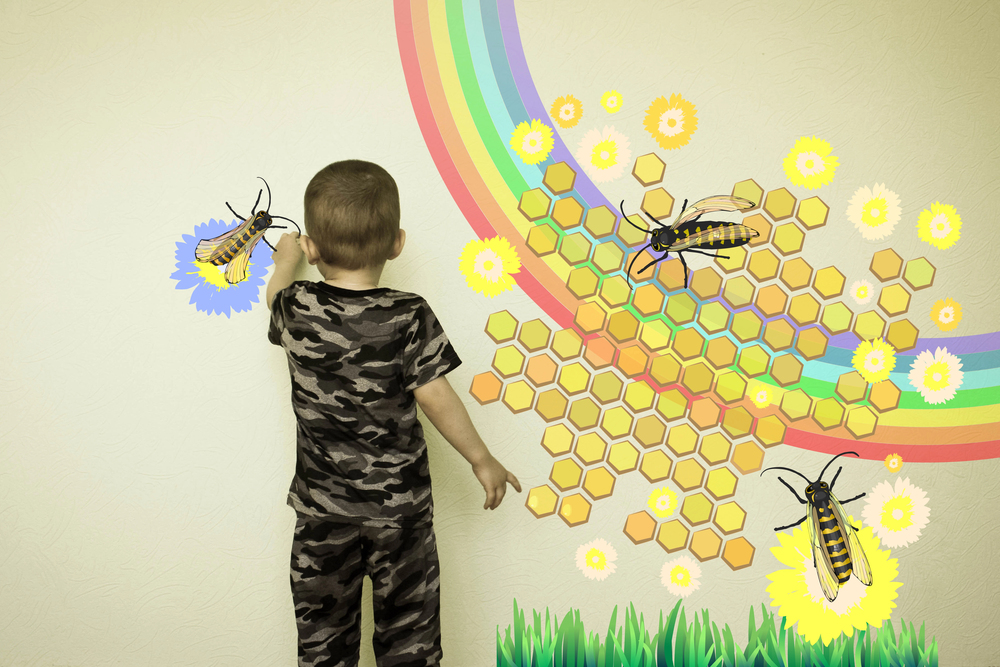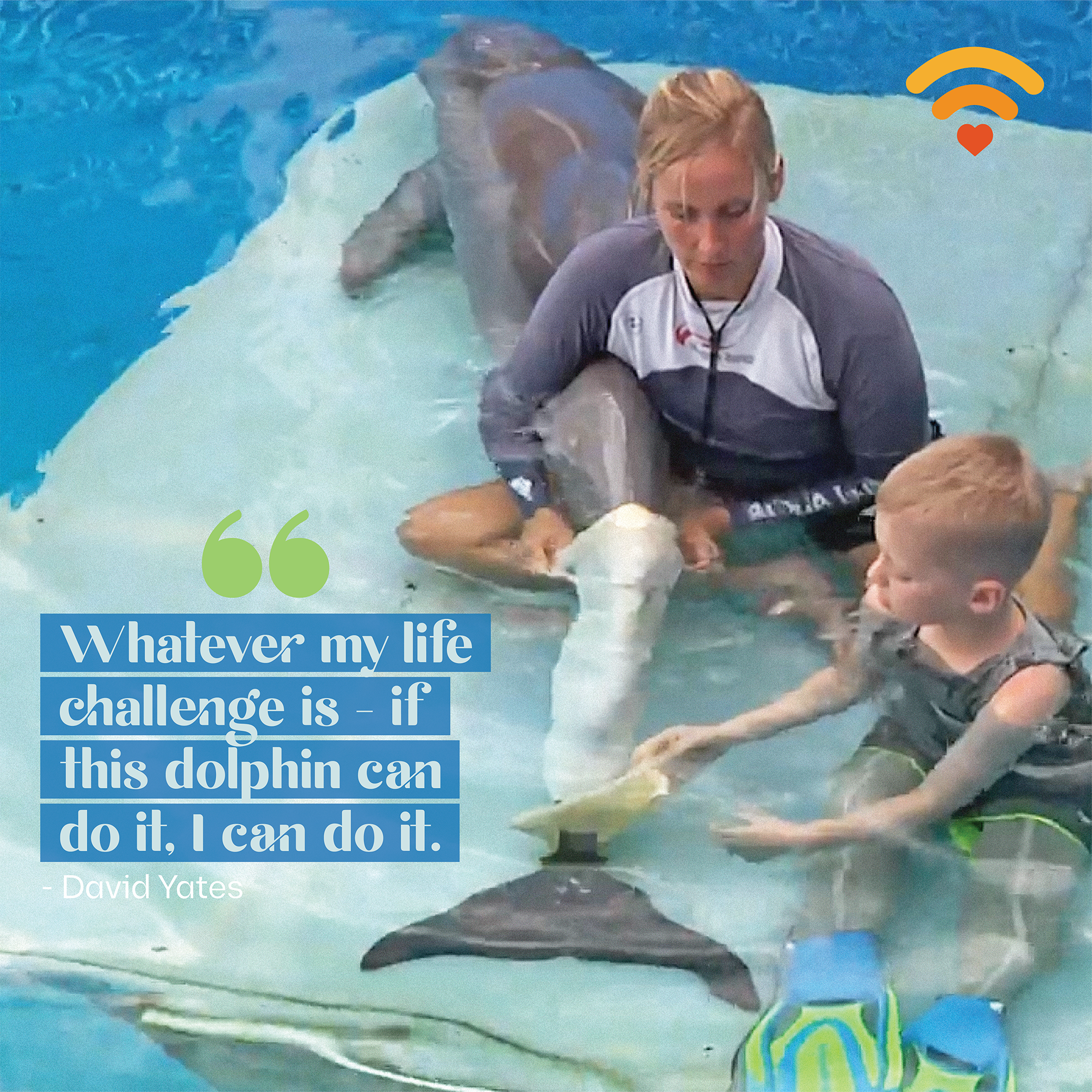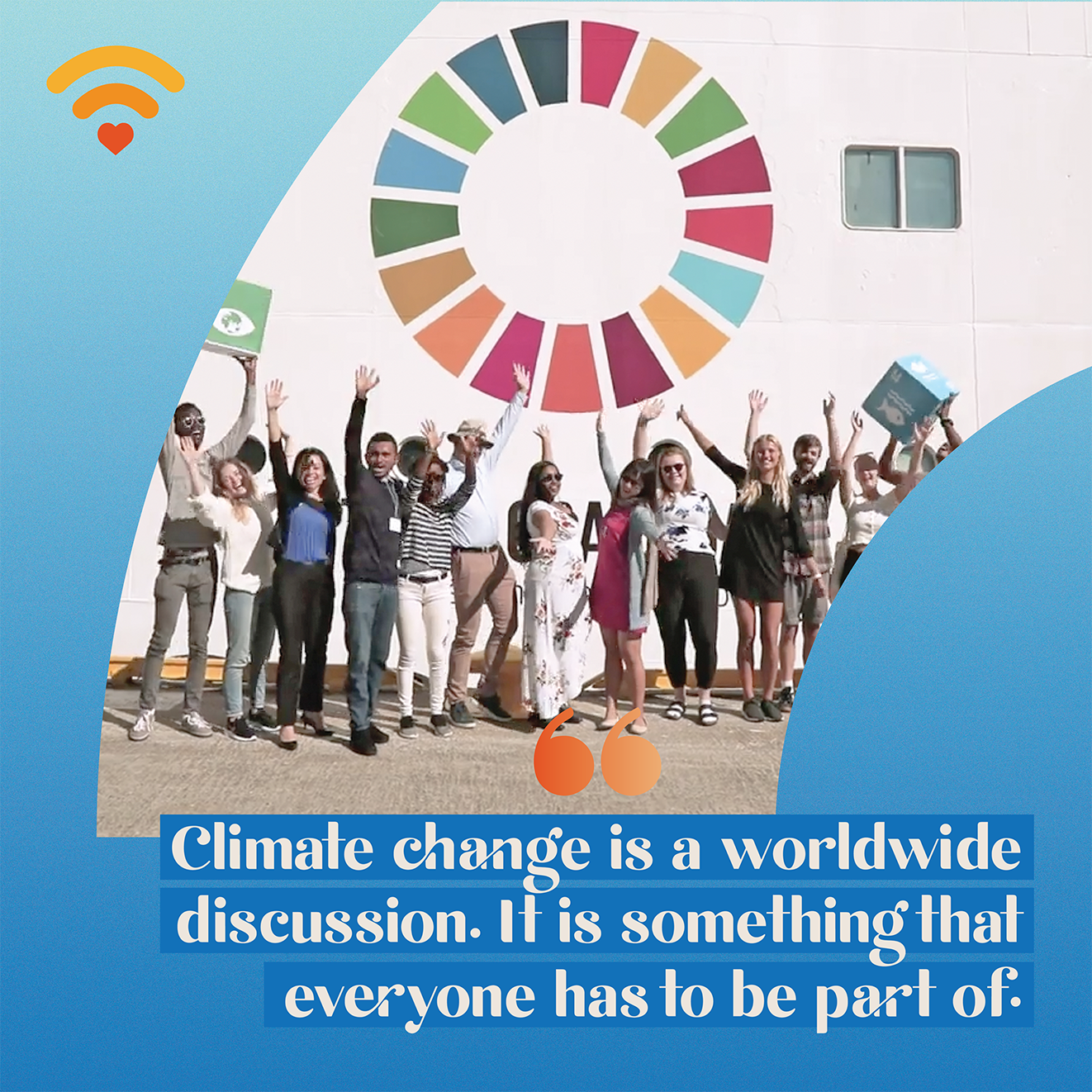I’ve experienced some of the hottest temperatures in my life within the past month. Of course, climate change and its effects have been a big issue that I’ve spoken up about in recent times, but my focus now is how it affects people as individuals and how to thrive despite it adversely affecting our mental health.
Depending on the region, the challenges are unique; however, from my perspective living in the tropics as a young person, one of the major aspects of climate change is the heat! The temperatures have been extremely high, and sometimes going out during the day can be quite troublesome. As stated earlier due to the peculiarities of the region, this issue is quite complicated, especially in the rural areas due to the lack of access to stable electricity.
As pertaining to mental health, some of the impacts of these high temperatures include reduced productivity, increased/heightened negative emotions such as stress, irritability, anxiety, and anger, sleep disturbances, and depression due to loss of livelihood for people involved in farming and other activities that require rain/water, and they can even some experience physical illnesses as a result.
Inasmuch as global efforts are being taken to combat the effects of climate change, as individuals there are little steps we can take to protect our mental health and other people, while also improving productivity.
1) Stay hydrated: Invest in taking lots of water. Get a water bottle that can keep your water cool all day.
2) Make a to-do list: Being productive can be a bit more challenging when the environmental conditions are not favorable. Keeping a to-do list can help you focus and realign yourself to accomplish your tasks.
3) Stay cool: Invest in portable fans and power solutions, wear light clothes to help reflect the sun’s rays, and take cold showers.
4) Use protective wear such as hats and glare-protective spectacles if you’re going out during the day.
5) Check-in regularly: Check in on your loved ones and how they’re doing with their mental health. You can even take the Be There Certificate – a free self-paced course, to learn to learn how you can support someone struggling with their mental health.
6) Speak out and ask for mental health help and support if you’re feeling overwhelmed. Talk to your family members, and friends, or seek out counseling.
7) Help anyone you see who needs help. It could be as little as buying a bottle of water for someone or asking somehow how they’re feeling.
Addressing climate change is essential, not only for environmental sustainability but also for safeguarding our mental health. Implementing mitigation and adaptation strategies, promoting resilience-building activities, and fostering community support systems are critical steps in protecting mental well-being in the face of climate change. The issues surrounding climate change are becoming more personal and individualistic, and we need to start to take action.
We are responsible for our planet, and we need to positively contribute to the development and growth of our home!





















